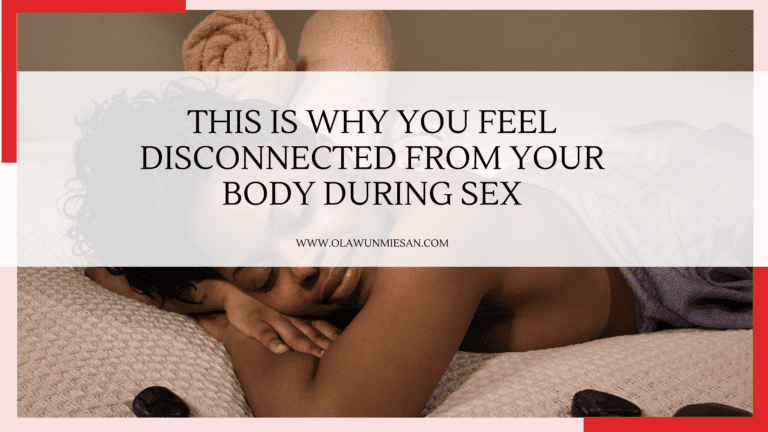Sexual desire is a natural and evolving aspect of human life. It changes as we move through different life stages, influenced by physical, emotional, and social factors. Understanding these changes can help you navigate your sexual journey with more ease and confidence. Here’s a look at how sexual desire evolves from young adulthood through middle age to later life, along with some tips for managing these transitions.
Young Adulthood (20s to 30s): A Fireworks Display
Young adulthood is often a time of intense sexual desire, fueled by surging hormones and the thrill of new experiences. Exploration, experimentation, and a high-octane libido are all par for the course. Embrace it! Just remember, healthy communication and safe practices are key to a fulfilling sex life.
Middle Age (40s to 50s): The Simmering Flame
As you enter your middle years, your sexual desire might take a dip. Hormonal fluctuations, such as those experienced during perimenopause and menopause in women or andropause in men, along with life stressors (career pressures, raising children, and caring for aging parents), can impact your sexual desire.
Tips for Navigating:
- Health Check-ups: Regular health check-ups can help manage conditions that may affect sexual desire, such as diabetes, high blood pressure, or hormonal imbalances.
- Stress Management: Practice stress management techniques like mindfulness, exercise, and hobbies to maintain a balanced life.
- Intimacy Focus: Focus on emotional intimacy and non-sexual affection to keep the connection strong with your partner.
Later Life (60s and Beyond)
As you age, you might experience reduced hormonal levels and physical limitations. Lower levels of hormones like estrogen and testosterone can lead to a decrease in sexual desire, and age-related health issues such as arthritis or cardiovascular diseases may affect sexual activity. However, the emotional bond with a long-term partner can play a significant role in maintaining sexual desire.
Tips for navigating
- Medical Advice: Consult a healthcare provider about any sexual health concerns, including the potential benefits of hormone replacement therapy.
- Adaptations: Make adaptations to your sexual routine to accommodate physical limitations, such as trying different positions or using lubricants.
- Focus on Connection: Emphasize emotional and physical closeness, even if sexual activity changes.
General Tips for All Life Stages
Maintain open communication with your partner about your needs, seek professional help as needed, and stay positive. Embrace the changes that come with each life stage, and find new ways to enjoy intimacy and connection.
Sexual desire is a dynamic part of life that evolves with you. By understanding and adapting to these changes, you can maintain a fulfilling and enjoyable sexual relationship at any age.
If you need personalized guidance at any stage, don't hesitate to book a session with me. Click the link below to get started on your journey to a more passionate and satisfying sex life!




